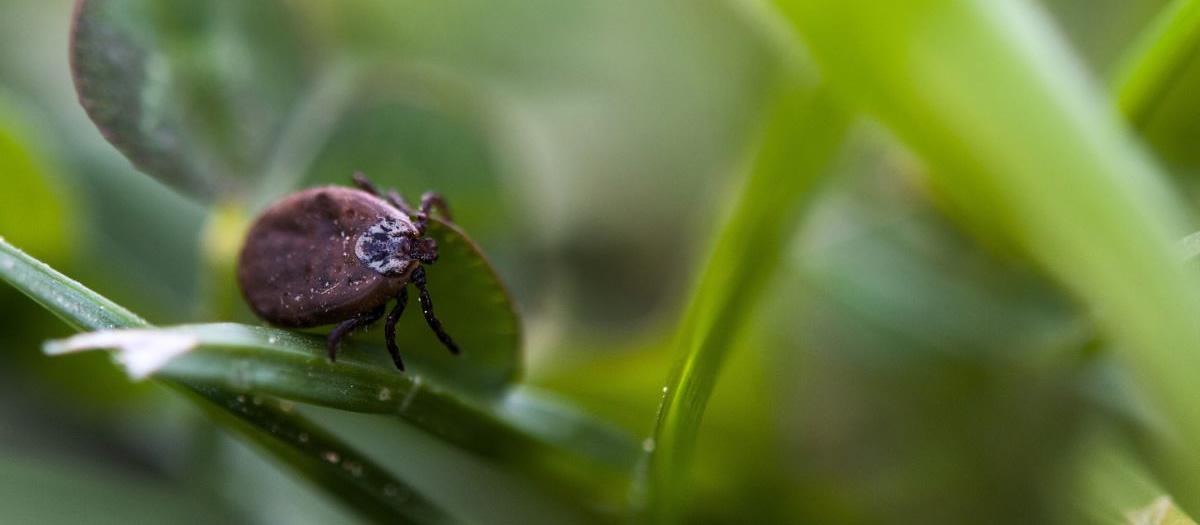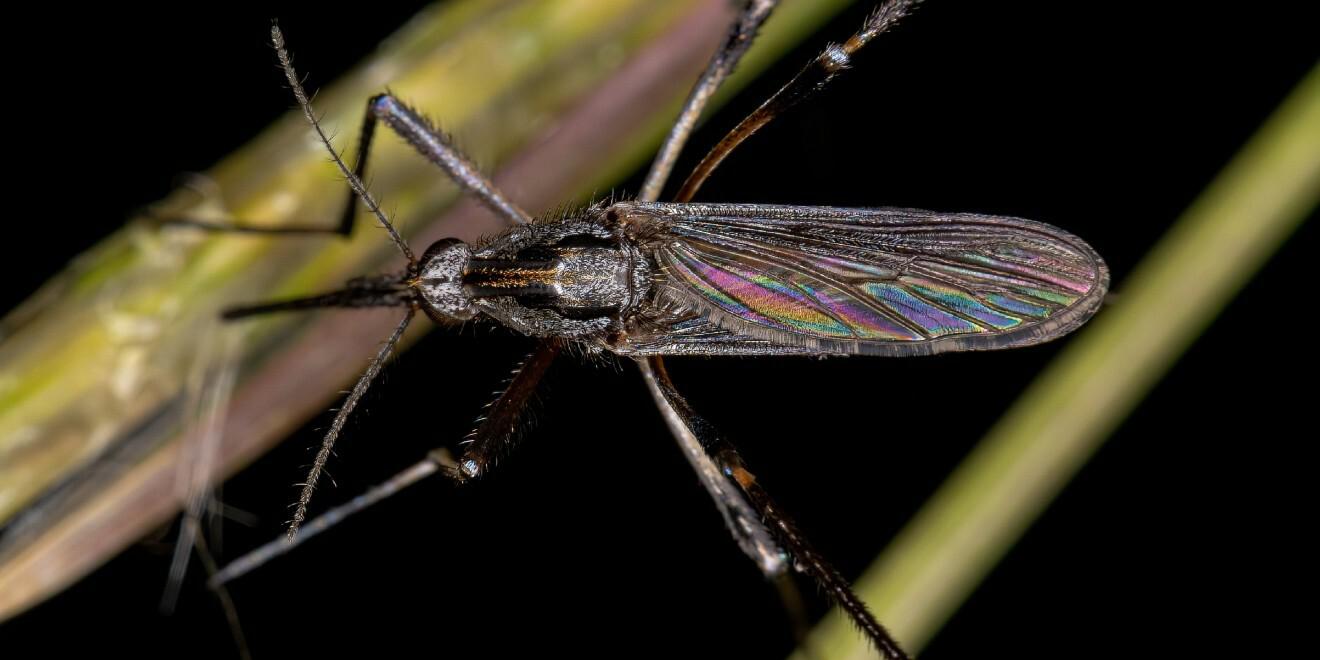Are Black Ticks Bad?
Posted by Mosquito Squad
August 2, 2024

Have you seen a black tick on a hike or perhaps in your own backyard?
We recently wrote about the Tennessee DOH urging residents to take precautions to avoid tick bites, which stated that our state is experiencing more cases of Lyme disease each year. If you are wondering which tick transmits Lyme disease, it is the black tick – known as the deer tick and black-legged tick. Adult blacklegged ticks’ colors range from dark brown or blackish body with black legs, to a brownish-red body with a black head and legs. While not all black ticks are bad, some black ticks carry with them the bacteria that cause Lyme disease. This could mean bad news for you, a family member, or your beloved pet. Yep, dogs can contract Lyme disease through tick bites too!
What other colors of ticks can be found in Tennessee?
There are four commonly found ticks in Tennessee. You might have encountered any of them while spending time outdoors in the late springtime, summer, and early fall.
These include the brownish-red tick with a white dot, known as the lone star tick. Also found in Tennessee are two brown ticks. One is the American dog tick. The other is aptly named the brown dog tick, also called the wood tick.
One less commonly found tick in Tennessee is the Asian long-horned tick.
White ticks are not actually white but are simply ticks that are engorged with blood.
All these ticks can be bad in one way or more.
- The lone star tick is responsible for potentially fatal Heartland Virus, as well as Alpha-gal syndrome, a lifelong allergy to red meat proteins. , and Southern tick-associated rash illness, also known as STARI.
- The black-legged tick can transmit a number of diseases, including the rare but potentially fatal, Powassan virus, babesiosis, and anaplasmosis.
- The brown dog tick is potentially bad, as it can transmit Rocky Mountain Spotted fever, Ehrlichiosis and canine Babesiosis.
- The American dog tick, or wood tick is bad, because it can transmit Rocky Mountain Spotted Fever, tularemia, and tick paralysis.
- The Asian Longhorned tick is bad in that it can harm our Tennessee livestock, infecting them with bovine infectious anemia.
Are tiny ticks bad?
Tiny ticks in Tennessee come in two varieties. A tiny black-legged tick could be in its first stage of life, known as seed ticks or larval ticks. Though tiny, they can transmit diseases, like Lyme disease, Rocky Mountain spotted fever, tularemia, and babesiosis. These larval ticks are about the size of a grain of sand. They also are not black, like adult black-legged ticks. Instead, they are very light in color. Additionally, these tiny larval ticks have only developed six legs in this phase of life.
The second tiny black-legged tick that could be bad for your health is a tick in its second life phase, the nymph phase. Nymph ticks are the most prolific transmitters of Lyme disease, as like larval ticks, they are very difficult to spot until they have engorged themselves with blood. Larval ticks are about the size of a poppy seed. They are not black in the phase of life, but they are darker than their larval counterparts, and have developed all eight legs.
Can black ticks jump?
No, black ticks cannot jump. Nor do brown ticks, or ticks with a white spot jump. Ticks are very patient, able to endure through the time it takes to find an ideal host. They target their victims while attached to low-lying vegetation, and simply latch onto their blood hosts when they come close.
What are ticks’ host preferences per life phase?
Many times, ticks in their larval phase will attach themselves to woodland animals, such as squirrels and mice, because those potential hosts exist in areas, where these ticks live. In their nymph phase, they often feed on mice, deer, birds, as well as humans and their pets. Adult ticks prefer larger hosts, such as deer, dogs, and humans.
How do ticks end up in your yard or home?
And if you wonder how ticks end up in your yard, or on yourself or a family member, it’s easy to explain. Rodents, deer, raccoons, and birds can bring ticks into your lawn, where they can target your family and pets. Wandering pets too, can carry ticks into your private spaces.
Of course, not all ticks are picked up in your yard. You can pick up a tick just about anywhere in nature, where vegetation is ideal. Outdoor workers are very susceptible to tick encounters, as are regular hikers and campers.
Search for The Nations tick control and choose Mosquito Squad of Nashville.
Mosquito Squad of Nashville offers comprehensive The Nations tick control, as well as other pest control services, including tick control, mosquito control, and flea control.
Call (615) 492-3662 to learn more about Mosquito Squad, your trusted source for tick control The Nations TN and more!















